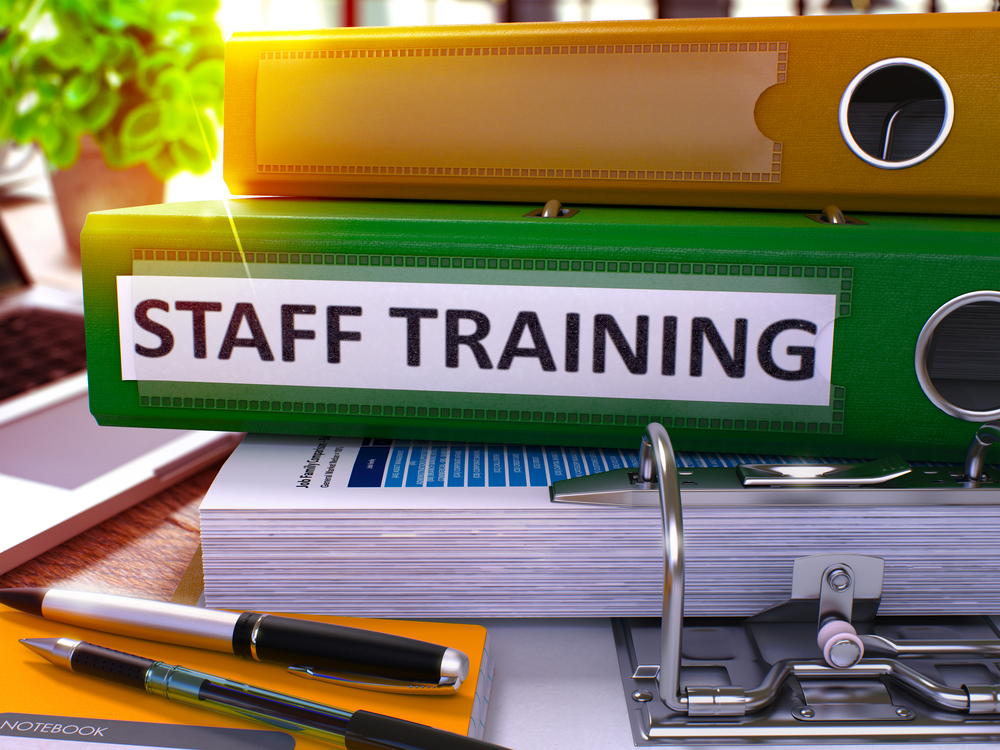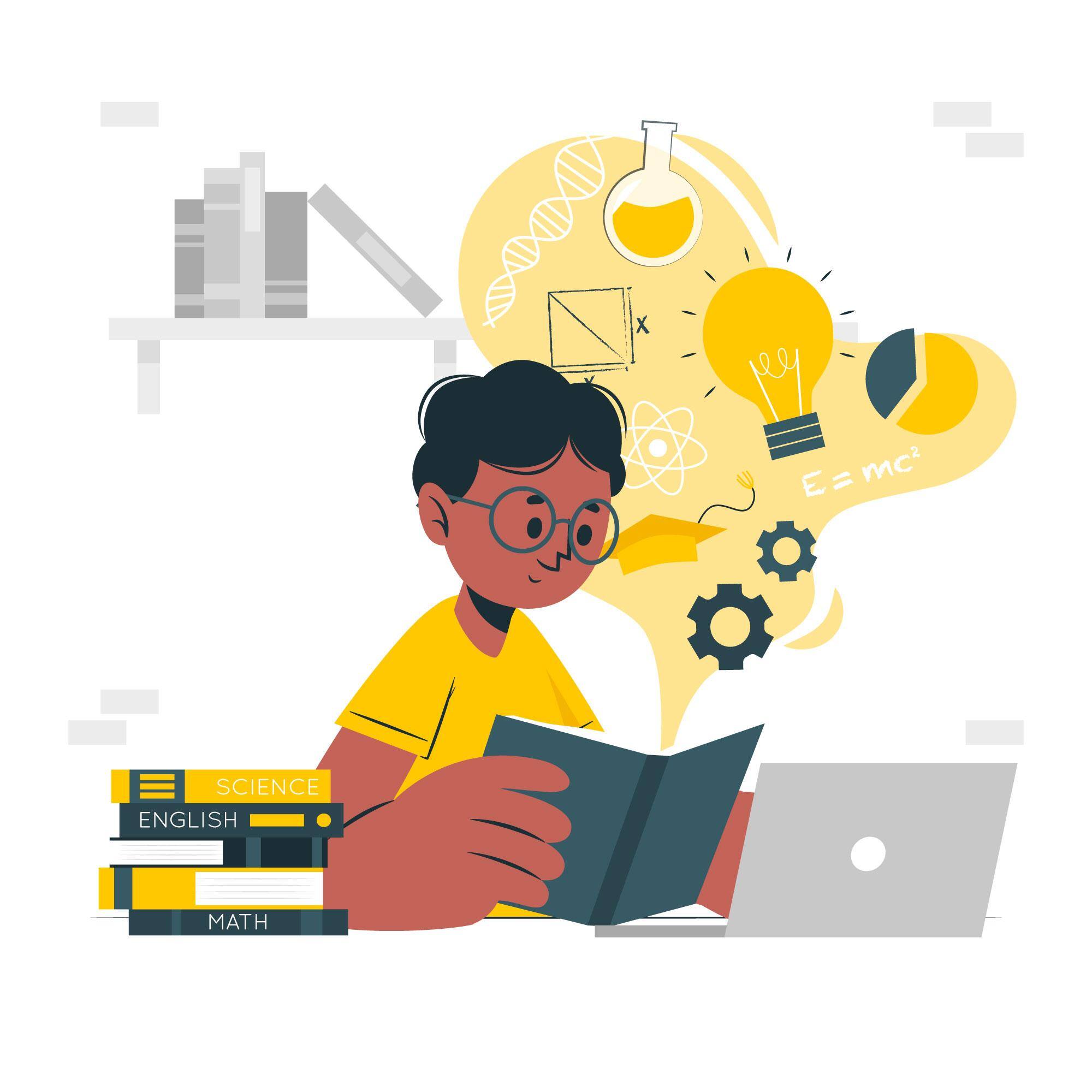How AI Can Help You Identify Skills Gaps and Close Them Faster
In today’s fast-paced business environment, staying competitive requires a skilled and adaptable workforce. However, identifying and addressing skills gaps within a team can be a daunting task. Traditional methods are time-consuming and often fail to provide actionable insights.
This is where Artificial Intelligence (AI) steps in, revolutionizing corporate learning by pinpointing skills gaps and delivering personalized training solutions to close them quickly and effectively.
Why Skills Gaps Are a Challenge for Organizations
Skills gaps can hinder productivity, innovation, and competitiveness. Key challenges include:
- Difficulty in Identification: Skills gaps are often hidden, making them hard to assess using traditional tools.
- Inefficient Training Solutions: Generic training programs fail to address individual or team-specific needs.
- Time Constraints: Long training cycles slow down workforce agility.
- Cost Implications: Investing in irrelevant or outdated training materials wastes valuable resources.
How AI Identifies Skills Gaps
AI-powered platforms provide an efficient, data-driven approach to skills gap analysis. Here’s how it works:
1. Data Collection and Integration
AI collects data from multiple sources, such as:
- Employee performance metrics.
- Learning management systems (LMS).
- 360-degree feedback reports.
- Self-assessments and peer reviews.
2. Competency Mapping
AI benchmarks employee competencies against job requirements, identifying gaps in key areas such as technical skills, leadership, or soft skills.
3. Behavioral Analysis
AI uses behavioral data to assess how employees apply existing skills in real-world scenarios, offering deeper insights than traditional evaluations.
4. Predictive Insights
AI predicts future skills gaps by analyzing trends and workforce changes, enabling organizations to proactively address them.
Closing Skills Gaps with AI-Driven Training
Once skills gaps are identified, AI facilitates targeted training solutions to close them faster:
1. Personalized Learning Paths
AI curates individual learning plans based on an employee’s unique needs, ensuring that every training session is relevant and impactful.
2. Microlearning Modules
AI breaks down complex topics into bite-sized lessons, making learning more manageable and engaging.
3. Adaptive Learning
AI adjusts the difficulty and pace of training modules in real-time, catering to each learner’s progress.
4. Just-in-Time Training
AI delivers relevant content when employees need it most, such as before a project or client meeting.
The Role of Microlearning in Skills Gap Training
Microlearning, powered by AI, is a game-changer in closing skills gaps quickly. Here’s why:
- Efficiency: Bite-sized modules allow employees to learn specific skills without disrupting their workflow.
- Retention: Frequent, short lessons reinforce learning, improving long-term retention.
- Flexibility: AI delivers microlearning content on-demand, fitting seamlessly into busy schedules.
For deeper insight into how organizations are using bite‑sized lessons to tackle skill gaps, check out How HR Teams are Using Bite‑Sized Lessons to Tackle Skill Gaps
Benefits of Using AI to Address Skills Gaps
- Accelerated Learning
Targeted, AI-driven training helps employees acquire new skills faster than traditional methods. - Improved ROI
By focusing resources on identified gaps, organizations maximize the value of their training investments. - Enhanced Employee Engagement
Personalized and relevant training keeps employees motivated and invested in their development. - Future-Proof Workforce
AI’s predictive capabilities ensure teams are equipped to meet future challenges.
Steps to Implement AI-Driven Skills Gap Training
- Conduct a Skills Audit
Use AI-powered tools to evaluate existing competencies and identify gaps. - Set Clear Objectives
Define the skills required for each role and align training goals with business priorities. - Choose the Right Platform
Select an AI-powered training solution like 5mins.ai to deliver personalized, scalable training programs. - Monitor and Adapt
Continuously analyze data to measure progress and refine training content.
You can explore how this approach supports agile talent management in our blog The Role of Microlearning in Agile Talent Management
The Future of AI in Skills Gap Analysis
As AI continues to evolve, its capabilities in skills gap analysis and training will expand. Emerging trends include:
- AI-Driven Coaching: Real-time feedback and guidance during training sessions.
- Immersive Training: Combining AI with AR/VR for hands-on learning experiences.
- Predictive Workforce Planning: Anticipating organizational skill needs before they arise.
Conclusion
AI is transforming the way organizations identify and address skills gaps, enabling faster and more effective workforce development. By leveraging AI-driven analytics and personalized training, businesses can close skills gaps quickly, enhance employee performance, and remain competitive in an ever-changing marketplace.
5Mins.ai helps thousands of teams speed up their training and upskilling with our AI powered TikTok style platform, You can check out our full library of 20K + bite-sized lessons by filling in the form below
Full Catalogue
.png)



